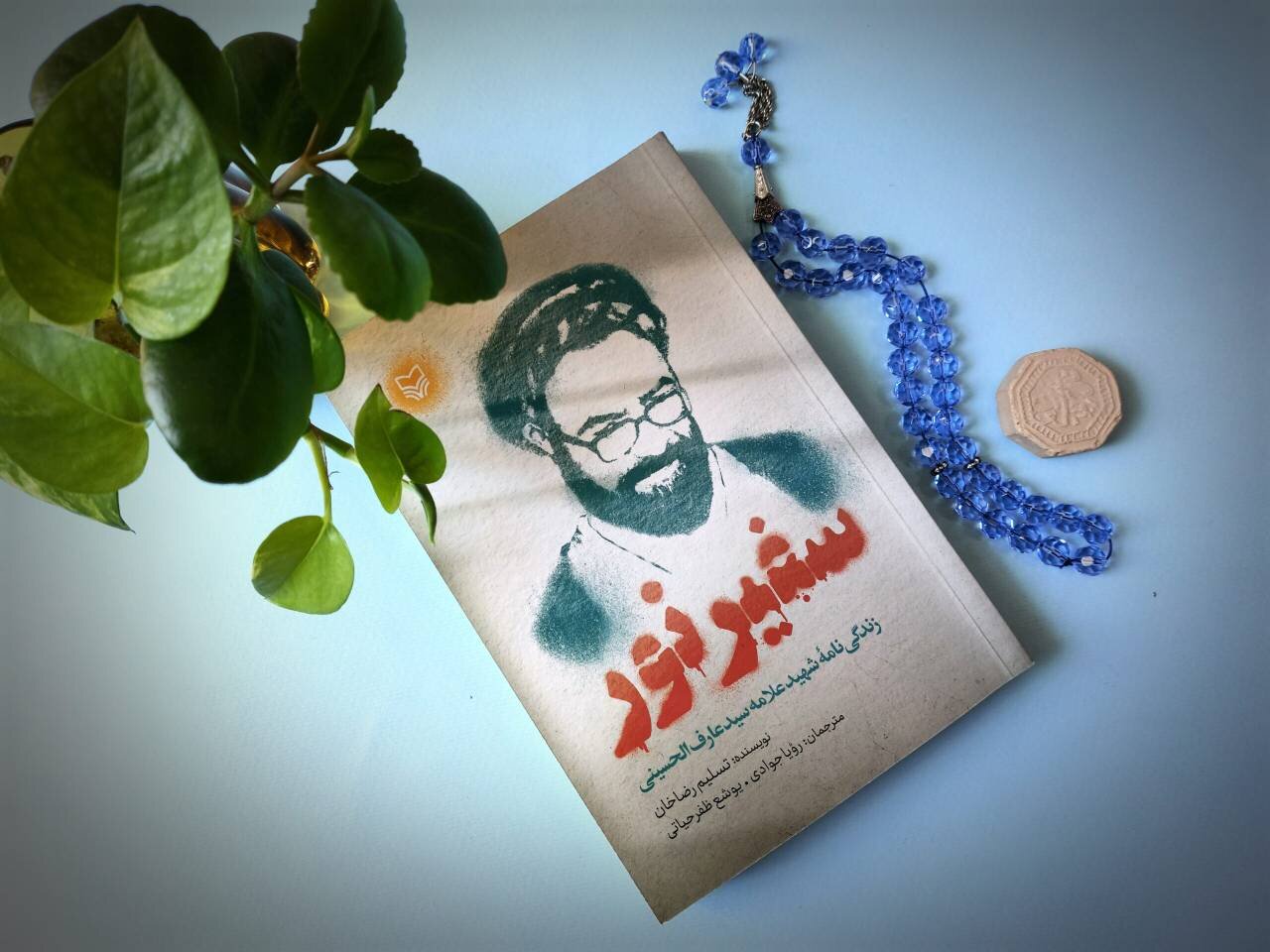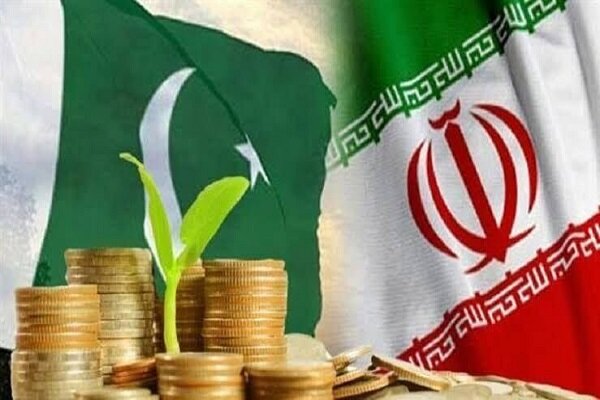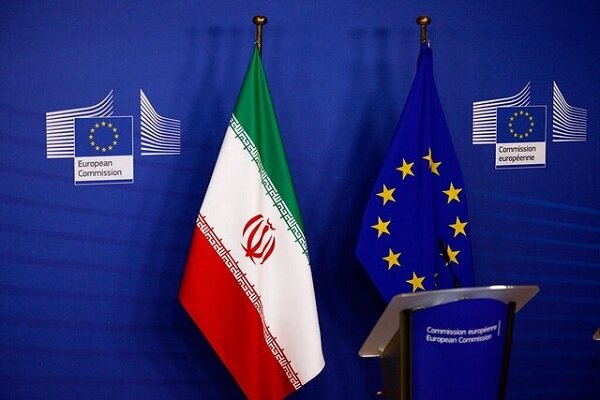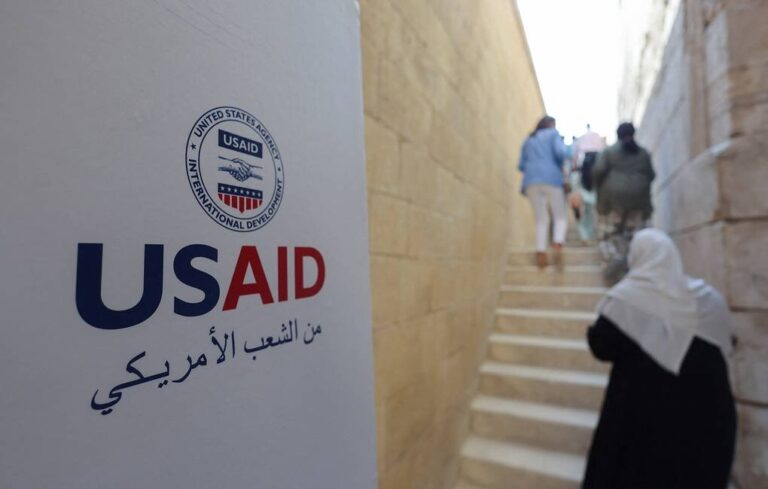Discover ‘Safeer-e Noor’: The Inspiring Journey of Pakistan’s Syed Arif al Hussaini
The recently published book, “Safeer E Noor” (meaning “The Ambassador of Light”), by Surah Meher Publications, spans an impressive 428 pages, delving into the life and legacy of Shahid Allameh Syed Arif Hussain al-Husseini. This comprehensive biography sheds light on the impactful journey of a prominent Pakistani Shiite cleric and leader of the Jafariya movement.
In two enlightening chapters, the book recounts the significant milestones of Arif al-Husseini’s life. He began his religious studies at Najaf Ashraf University in 1967, during a turbulent time when Imam Khomeini was in exile in Iraq under the oppressive regime of the Baath Party. It was here in Najaf that he encountered Imam Khomeini, embraced his vision, and became both a devoted disciple and a staunch supporter of his teachings.
After the Islamic Revolution, Arif al-Husseini took on the vital role of representing Imam Khomeini in Pakistan. He was deeply involved in various cultural, religious, and political activities aimed at addressing the pressing health and economic needs of the Pakistani people. His influential presence in the country transformed him into a courageous figure who championed the rights of the vulnerable and stood firmly against colonialism, which raised alarm among adversaries of the Islamic Revolution.
Tragically, in 1986, Allama Arif Hussain al-Husseini was assassinated at the Peshawar School of Islamic Studies by unknown assailants. Subsequently, in 1994, Reza Khan, a Pakistani resident and colleague of Arif al-Husseini, authored “Safeer E Noor.” This significant work not only chronicles the biography of Arif al-Husseini but also illustrates his unwavering Islamic character and resilience in the face of adversity.
The book has seen remarkable success, being reprinted over ten times in Pakistan, and has been translated into Persian by Roya Javadi and Joshua Zafarhayati. Its research contributions were facilitated by the Center for Studies and Research of Culture and Literature of Sustainability, showcasing its scholarly importance.
During the time of Arif Hussaini, Reza Khan served as the head of the Dera Ismail Khan Department for the Imamate Students’ Organization. With a background in pharmacy, he dedicated himself to accurately portraying Arif Hussaini’s life and uncovering the truth surrounding his assassination. His research involved extensive interviews, document reviews, and witness accounts, all conducted in an era devoid of the conveniences of modern social media.
Allama Arif Hussain al-Husseini was born on November 25, 1946, in Pewar, Parachinar, Khyber Pakhtunkhwa, Pakistan. He began his education in a government primary school and completed his matriculation in Parachinar before pursuing religious studies at Madressa Jafria. His quest for knowledge led him to Najaf for further education, and he returned to Pakistan in 1973, marrying before continuing his studies in Qom in 1974 as part of the Hawza.
While studying in Najaf, he consistently attended prayers led by Imam Khomeini, despite the inherent risks involved. He was notably the only Pakistani who regularly prayed behind Imam Khomeini, deeply absorbing his lectures and sharing insights with fellow students afterward.
His political activism took root in Najaf, where he faced harassment from Saddam Hussein’s regime. Undeterred, he remained steadfast in his beliefs and political activities. Following his association with Imam Khomeini, he was compelled to leave Najaf and chose to continue his studies in Qom. His unwavering commitment to political activism drew the attention of the Shah’s intelligence, leading to his arrest and torture, yet he persisted in his efforts.
Imam Khomeini recognized his dedication and granted him a Wikalat Nama, which was unfortunately seized at the Iran-Pakistan border in 1983 upon his return to Pakistan. Once home, he initiated political activities by delivering speeches in local Shia mosques and founded the Shaheed Foundation to support families of martyrs.
The book launch for Safeer E Noor took place in mid-February in Tehran, attended by esteemed religious scholars from Iran. During the ceremony, the Head of the Islamic Development Organization (IDO), Hojjatoleslam Mohammad Qomi, emphasized the importance of Arif al-Husseini’s contributions. He highlighted Arif’s relentless efforts to promote true Islam among Muslims, advocating for greater recognition of this influential figure.
This biography serves as not just a reflection of Arif Hussaini’s life but also as a testament to his enduring influence on Islamic thought and activism in Pakistan and beyond.






